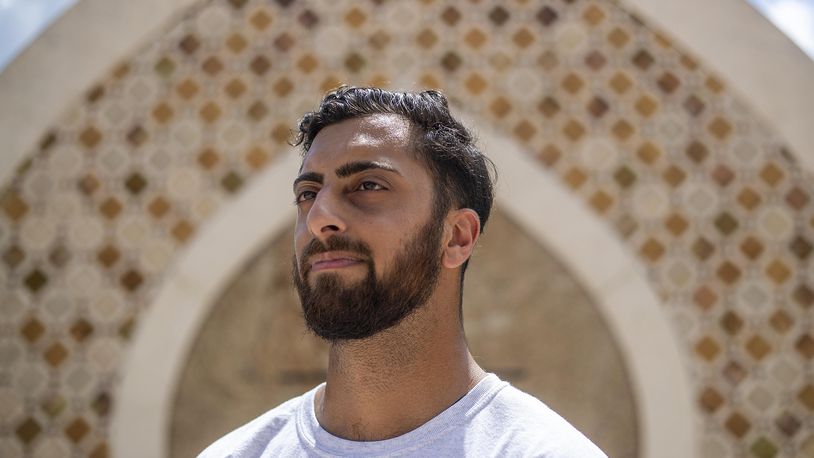By Paradise Afshar, The Atlanta Journal-Constitution
(AJC) From the moment Sikandar Husseini walked into his sixth grade homeroom class on Sept. 11, 2001, he knew something was wrong.
His teacher, who doubled as the girls’ basketball coach, usually had EPSN’s “SportsCenter” on, but that morning the TV was switched to CNN. Shortly after, Husseini’s mother pulled him out of school, and he spent the rest of the day watching the news and trying to make sense of what was unfolding.
By Sept. 12, everything changed for the 11-year-old.
Husseini was left to deal with a new reality where people in his life went from being indifferent about his Islamic faith and Afghan heritage, to suddenly having negative opinions about both.
The 19 hijackers who carried out the attacks were associated with the Islamic extremist group al Qaeda, and were from Saudi Arabia and other Arab countries. As a result, stereotypes about Islam began to emerge and people with ties to majority Muslim countries became targets for discrimination and hate crimes.
